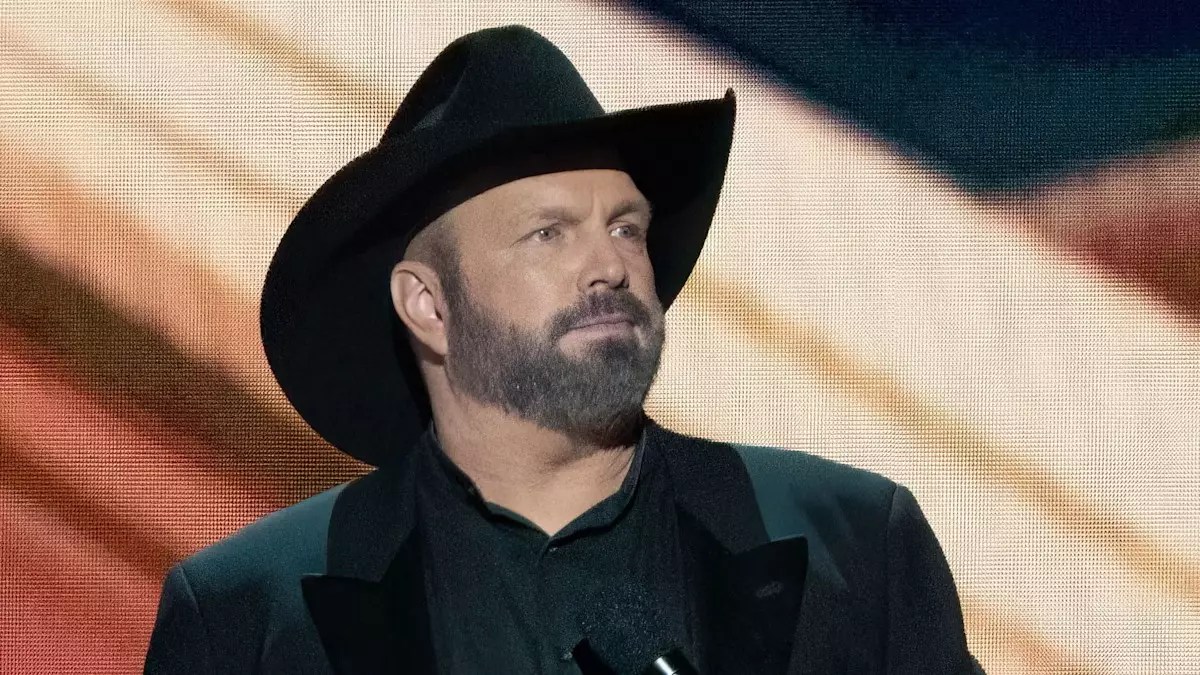Garth Brooks, a titan in the realm of country music, has found himself entrenched in a legal firestorm following serious allegations made against him by an individual known in legal circles as Jane Roe. The claims, outlined in a recent lawsuit, encompass allegations of rape, sexual assault, and battery spanning several years. As troubling as these allegations are for the public persona of Brooks—who has captivated audiences since the early ’90s—this case raises broader questions about accountability in the entertainment industry and the personal lives of celebrities.
According to Jane Roe, her initial connection with Brooks began in 1999 when she was hired to work for his then-wife Trisha Yearwood. Years later, the two reconnected in 2017 during a time when Brooks was reportedly in a position to help her financially. However, this seemingly benign employment arrangement allegedly morphed into something far more perilous. Roe claims that Brooks took advantage of her vulnerability, exposing her to inappropriate behavior and asserting unwanted physical encounters.
In response to the allegations, Brooks has emphatically denied any notion of wrongdoing, stating in a press release that he has been victimized by threats and false narratives designed to extort money from him. He painted a chilling picture of living under duress, likening the experience to having a “loaded gun waved in [his] face.” By filing an anonymous lawsuit in Mississippi, Brooks aims to silence what he describes as damaging falsehoods. He characterizes the suit as a proactive measure to protect not only his career but also his family’s reputation.
His statements emphasize a dichotomy between his public image as a benevolent father figure and musician and the twisted narrative presented by his accuser. Brooks contends that the financial demands made of him represent a sordid attempt at extortion, one he finds both infuriating and heartbreaking. He expresses a desire to continue his philanthropic work and musical career, underscoring a commitment to his artistry that has defined his life for decades.
Legal representation for Jane Roe, Wigdor LLP, has issued a statement commending her bravery in taking on a high-profile figure in the music industry. They assert that sexual predators exist across various fields, suggesting that Brooks’ alleged misconduct is part of a larger, systemic issue within not just country music, but all entertainment sectors. Their remarks highlight a critical examination of how powerful individuals navigate allegations against them, often leveraging their status to silence victims.
The dichotomy between the images of a beloved entertainer and the charges leveled against him brings forth uncomfortable discussions regarding the culture of celebrity and accountability. Brooks’ legal team has positioned the preemptive lawsuit as an act of desperation rather than a sound legal strategy, simultaneously adding fuel to the narrative concerning potential misconduct and victim suppression.
The fallout from these allegations is likely to reverberate throughout Brooks’ career and the broader genre of country music. As with other high-profile cases of alleged sexual misconduct, the implications extend beyond the individuals involved, impacting fans, fellow artists, and the industry at large. Garth Brooks has enjoyed a remarkable career, garnering accolades such as 22 Academy of Country Music Awards and numerous Grammy nominations, an achievement few have matched. Yet, if the allegations prove true, they could irreparably tarnish his legacy.
Moreover, the story encourages ongoing discussions about how society addresses accusations of sexual misconduct, particularly in industries where power dynamics make reporting such behavior fraught with difficulty. Brooks’ public persona, once unblemished, faces scrutiny like never before, pulling back the curtain on uncomfortable truths about celebrity culture and interpersonal relationships.
Garth Brooks remains a complicated figure in American music, tethered to both an illustrious career and troubling allegations. As the legal proceedings unfold, all eyes will be on the outcome of this case, which may redefine not only Brooks’ career but potentially impact the way accountability is enforced in the entertainment industry. While Brooks aims to protect his legacy and livelihood, Jane Roe’s courageous stand raises important questions about justice and the moral obligations we hold towards victims of abuse. The music world, alongside its fans, must prepare for potential revelations that could alter perceptions of this beloved artist forever.


Leave a Reply